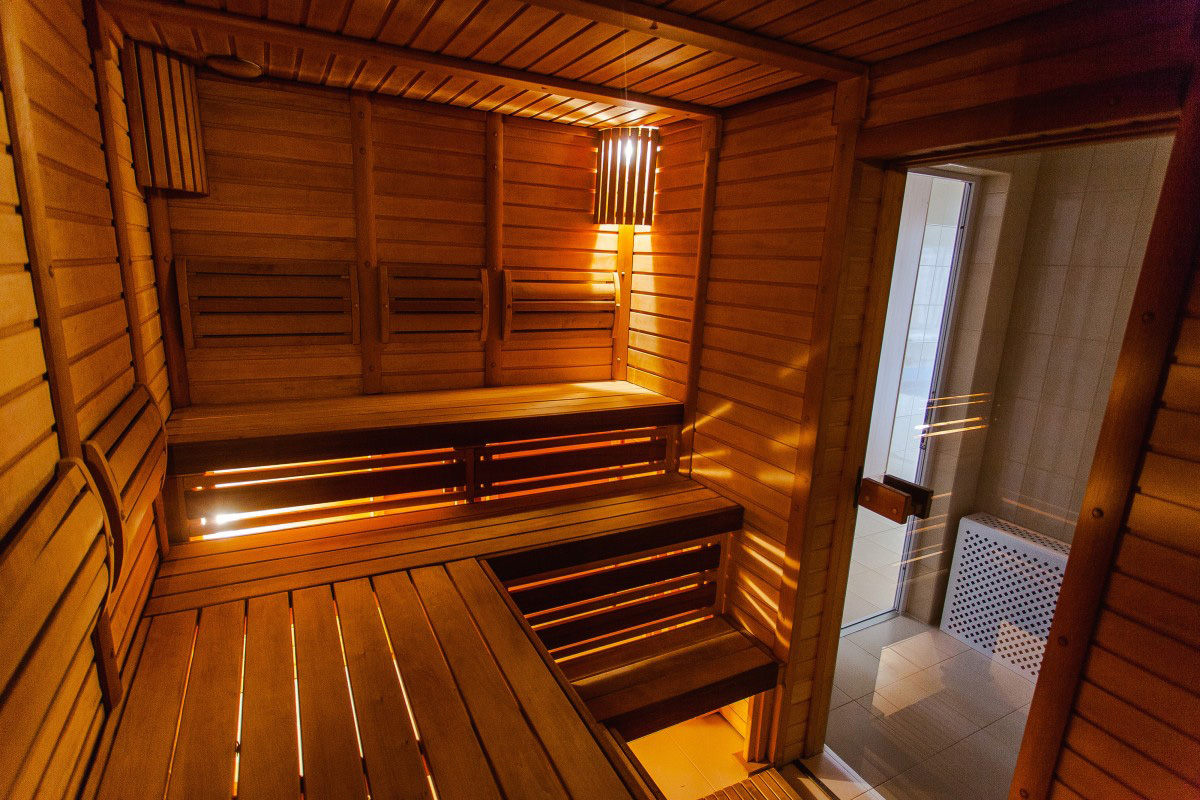
Physically and mentally, a sauna’s an excellent investment at fine-tuning your body’s internal systems and functionality. As a prospective new sauna owner though, you have to think about where you want to install your room. The first step to getting there is to figure out if you want it indoors or outdoors. There are benefits and detriments to both admittedly. Whether to go with indoor or outdoor sauna installation ultimately boils down to these points.
The benefits to an indoor sauna
When you have an indoor sauna, it’s easy because it’s usually more accessible. Also, you have better access to electricity and water which can help with keeping the installation easy, quick, and inexpensive. You’ll have no need to hook up any additional water or wiring accommodations. You won’t need to insulate against weather. You may be able to convert one of your existing rooms into the ‘sauna rooms’ which could keep construction easy. A lot of sauna owners love indoor saunas for all these reasons.
The disadvantages to an indoor sauna
The biggest drawback with an indoor sauna is that it will take space or potentially a whole room to install. You will also need to ensure there’s proper ventilation which can be a huge challenge in some residential properties. You could also run into issues with water drainage. Typically, an indoor sauna will be more affordable than an outdoor sauna but these detriments may quickly increase your costs.
The benefits to an outdoor sauna
Outdoor saunas present a lot of unique advantages an indoor sauna doesn’t have. As they’re constructed entirely outside, there are no limitations on what you can do with it. Use your imagination, have all the features you want, and build it to the size you want. If you have a view you want to have or if there’s a part of your property with good light, you can construct the outdoor sauna as needed. They are also way easier to ventilate and drain, which is why new sauna owners love them.
The disadvantages to an outdoor sauna
An outdoor sauna is exposed to weather and climate which means you will need significant external paneling and insulation. This evidently increased the cost of an outdoor sauna. Wiring needs to be up to code, you will require a solid foundation, and additional wiring and plumbing may be required to be run to it. This all can increase the cost which is one of the biggest reasons why many people will forego considering an outdoor sauna. That said, if you don’t have space inside the home or simply want to do more with a sauna, an outdoor installation could be the decision to make.
Outdoor v. indoor saunas
We all have our preferences. Most sauna owners have indoor saunas and rightfully so. They’re much easier to care for and install. For those who can afford it though, an outdoor sauna is one heck of an investment and can be a very impressive addition to a property. So, indoor sauna or outdoor sauna? It’s your decision to make. The effects and advantages of a sauna are identical regardless of where it’s installed. Consider your preferences, available space, and budget. A home sauna is going to make a huge difference to how you feel and will also add property value. All in all, it’s a homerun investment!
